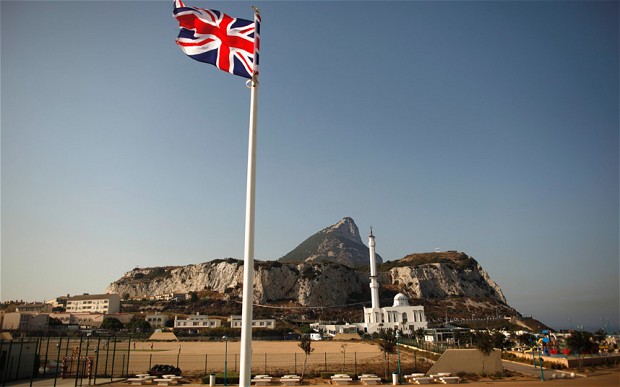
RNA - According to this act, those suspected of extremism will be sent on deradicalisation programmes, while the whole system is to be policed by Government inspectors. But the new law has been criticised as a direct assault on freedom of speech and a move towards a police state. In an unprecedented intervention, 280 academics, lawyers and public figures claim the controversial law will make Britain less safe.
In their letter intellectuals say, "growing a beard, wearing a hijab or mixing with those who believe Islam has a comprehensive political philosophy are key markers used to identify 'potential' terrorism. Which serves to reinforce a prejudicial world view which perceives Islam to be a retrograde and oppressive religion that threatens the West. Prevent reinforces an 'us' and 'them' view of the world, divides communities, and sows mistrust of Muslims."
Last month David Cameron said the Government would provide “a full spectrum” response to counter-terrorism, to include the vetting of external speakers at universities and banning those with extremist views. There are also plans to vet broadcast programmes for extremist content.
But the academics’ letter states: “Prevent will have a chilling effect on open debate, free speech and political dissent. It will create an environment in which political change can no longer be discussed openly, and will withdraw to unsupervised spaces. Therefore, Prevent will make us less safe.”
R111/108/C/